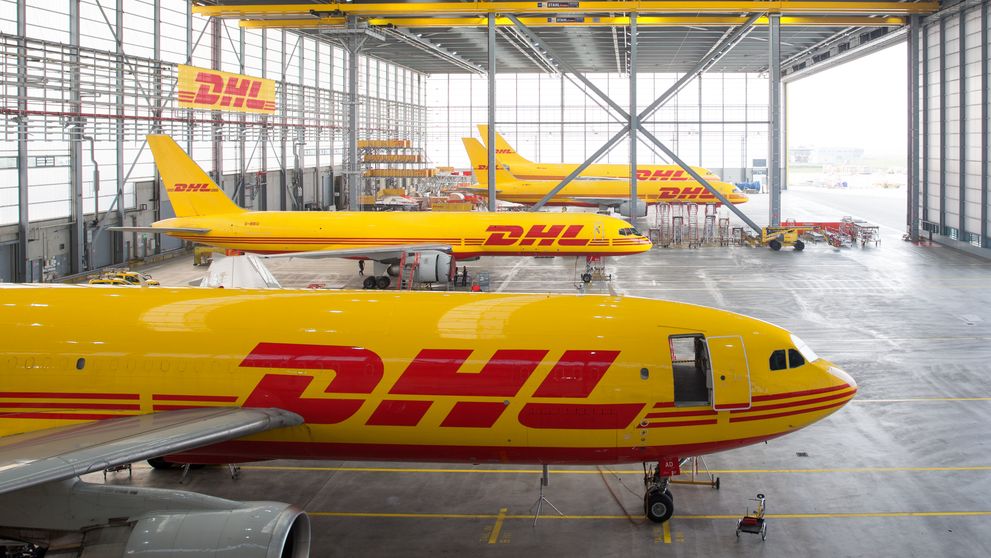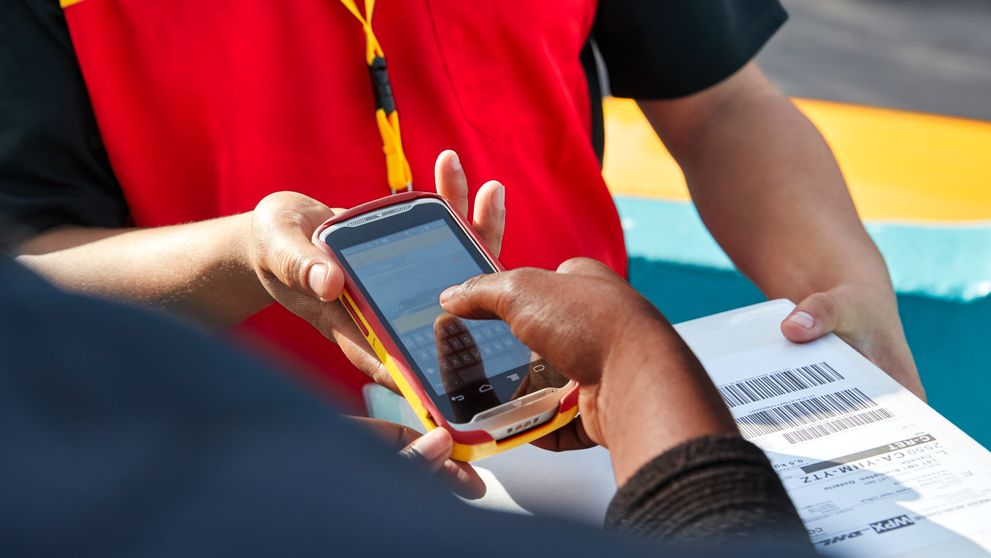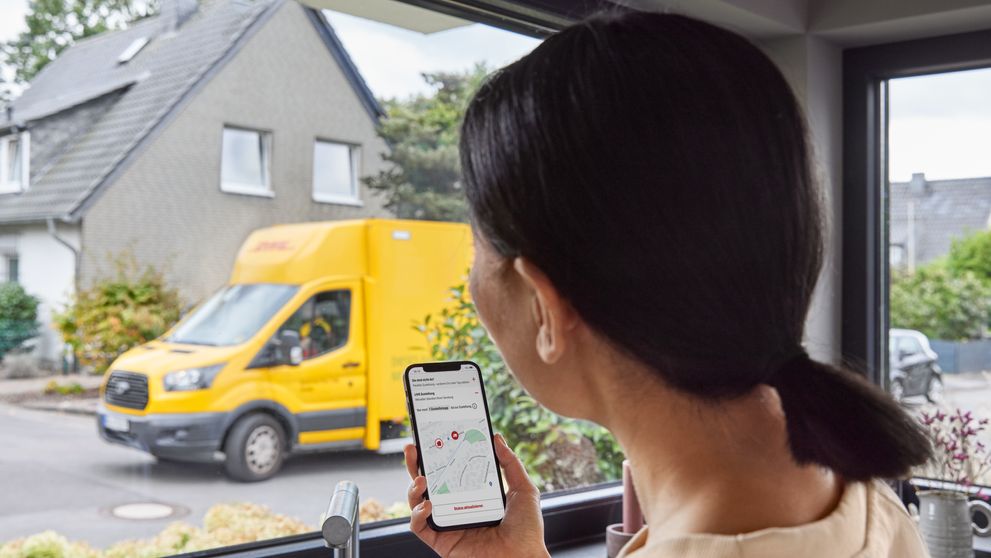Shipping temperature-sensitive products requires meticulous planning and execution to ensure the integrity of goods, especially in a market like Cambodia. According to a market research report published by Skyquest Technology, the global cold chain logistics valued at USD 280.25 billion in 2022, is projected to grow from USD 323.97 billion in 2023 to an impressive USD 1,033.16 billion by 2031. This growth, at a CAGR of 15.60% during the forecast period (2024-2031), underscores the rising demand for dependable temperature-controlled transportation.
Recognising this trend, DHL Express KH provides comprehensive solutions for shipping temperature-sensitive products in Cambodia, catering to these specific needs and ensuring that your shipments arrive in optimal condition. Here’s your guide to understanding and utilising cold logistics effectively.
The importance of temperature control in shipping
Temperature-controlled logistics refers to the storage, transportation, and distribution of temperature-sensitive cargo, ensuring that these items are kept within a specific temperature range throughout the entire supply chain—from packaging to delivery. This process is vital for maintaining the integrity of sensitive goods such as pharmaceuticals, food and agricultural products, and other perishables. Without proper temperature control, these products can spoil, lose efficacy, or become unsafe, leading to significant financial losses and health risks.
In markets like Cambodia, where infrastructure challenges such as limited cold storage facilities and underdeveloped transportation networks can pose additional risks, the importance of robust temperature control systems cannot be overstated. Advanced technologies such as real-time monitoring, insulated packaging, and refrigerated transportation units are employed to maintain the integrity of goods across various stages of the supply chain. By implementing rigorous temperature control measures, including careful packing and preparation of temperature-sensitive shipments, companies not only protect their products but also enhance their reputation, build consumer trust, and meet stringent international standards.
Packing and preparing temperature-sensitive shipments

Proper packaging is essential in cold chain logistics, as the right materials and methods can make all the difference in maintaining the required temperature throughout transit. It’s also important to consider the labelling and documentation. This is particularly crucial when dealing with international logistics in Cambodia, where cross-border shipments must meet stringent standard international shipping regulations to avoid delays or complications.
Packaging
- Optimising the packaging environment: To keep food and other perishables fresh during transit, consider using advanced packaging techniques like modified atmosphere packaging (MAP). This involves sealing products in a bag with a specific blend of gases, such as nitrogen and carbon dioxide, to slow down spoilage. For those who cannot access traditional MAP, innovative materials like Flexfresh film offer a similar protective environment by controlling the flow of oxygen and carbon dioxide, extending the shelf life without the need for gas-filling.
- Utilising advanced materials: Leverage packaging materials with integrated nanotechnology or biotechnology that can extend the shelf life of perishables. For instance, packaging films infused with antimicrobial properties or materials that release food preservatives on demand can help reduce bacterial growth and maintain freshness.
- Adopting sustainable insulation: Consider using sustainable materials like wool for insulation. Wool-based packaging has been shown to outperform conventional materials like polystyrene in maintaining low temperatures, making it ideal for shipping items like meats or seafood. Wool is also environmentally friendly, offering a more sustainable alternative to traditional petroleum-based packaging.
- Innovating packaging for thermal efficiency: Opt for packaging designs that combine practicality with thermal protection. For example, zip-lock bags made from advanced materials like the ifoodbag can keep goods chilled or frozen for up to 24 hours, making them ideal for cold chain logistics. These bags are particularly useful for online grocery deliveries, where maintaining the temperature of perishables is crucial.
Labelling and documentation
- Smarter labelling: To ensure seamless standard international shipping, comply with regulations and monitor the freshness of temperature-sensitive goods, use intelligent labels like Delfi temperature labels. These labels change color based on temperature exposure, allowing consumers and businesses to quickly assess product freshness. Additionally, consider labels that react to chemicals from spoiling food, like ammonia, which change color or disable barcodes to prevent expired products from reaching consumers.
- Documentation requirements: Accurate documentation is crucial when shipping temperature-sensitive goods internationally. Ensure all parties in the supply chain understand and follow the required temperature specifications. Clearly label packaging with the necessary temperature range and provide detailed handling instructions, especially at critical points like storage and transit. Compliance with international regulations, such as IATA guidelines for biological substances, is also essential to avoid delays or issues.
Pro tips for shipping temperature-sensitive Items
Shipping temperature-sensitive items can be challenging, but with the right approach, you can minimise risks and ensure a successful delivery. Here are some expert tips:
- Plan ahead: Temperature-sensitive shipments require careful planning. Always book your shipment in advance and coordinate with your logistics provider to ensure all arrangements are in place.
- Use the right packaging: Invest in high-quality packaging that provides the necessary insulation and protection for your goods. Ensure that the packaging is suitable for the specific temperature range required.
- Monitor conditions: Utilise real-time monitoring systems to track the temperature of your shipment throughout its journey. DHL Express KH offers advanced monitoring solutions that provide peace of mind, ensuring that any deviations from the desired temperature range are quickly addressed.
- Avoid last-minute changes: Last-minute changes in shipment details, such as destination or delivery times, can disrupt the cold chain and lead to temperature fluctuations. Finalise all details well in advance to avoid these pitfalls.
- Double-check regulatory compliance: Ensure that your shipment complies with all international and local regulations, particularly those related to temperature control and product handling. Missing a critical regulatory requirement can result in delays or even the rejection of your shipment.
- Test your packaging: Before shipping, conduct a test run with your chosen packaging materials to confirm they can maintain the required temperature range under actual transit conditions. This helps avoid unpleasant surprises during the actual shipment.
- Choose a reliable logistics partner: Not all logistics providers have the expertise or infrastructure to handle temperature-controlled logistics. Choosing a partner like DHL Express KH, with a proven track record in cold logistics, can make all the difference.
Understanding DHL Express KH’s cold chain solutions

To ensure the highest level of care for your temperature-sensitive shipments, DHL Express KH offers a comprehensive range of cold chain transportation services. These services are specifically tailored to maintain the integrity of your goods, utilising cutting-edge packaging for thermal protection and real-time monitoring systems that guarantee consistent temperature control throughout their journey.
Typically, our cold chain couriers maintain a temperature range of 2ºC to 8ºC, crucial for preserving the quality of pharmaceuticals and other sensitive products. It’s essential that all parties involved in the supply chain are fully aware of these temperature requirements to prevent any deviations. Critical points where temperature fluctuations can occur include:
- Pre-transport storage in the warehouse
- Transit from the manufacturer to the shipping facility
- Loading and unloading processes
- During transportation
DHL Express KH’s cold storage logistics also play a vital role in this process by providing secure, temperature-regulated environments for storing products before they are moved. Our network of strategically located cold chain warehouses ensures efficient and safe cold storage and distribution.
We employ various temperature-controlled transportation methods, including:
- Refrigerated vehicles: Equipped with temperature-controlled compartments, these vehicles range from vans to trucks. Refrigeration is powered either by the vehicle's engine or an independent power supply. For items requiring ultra-low temperatures, DHL Express KH utilises liquid nitrogen technology.
- Passive shipping containers: These insulated containers maintain temperature for short durations and are often used alongside refrigerated vehicles for added protection.
- Active shipping containers: Larger than passive containers, these are ideal for air cargo shipping and sea freight, with refrigeration powered by internal batteries or the vessel's onboard systems.
How DHL’s Medical Express Service helps in cold chain transportation
Understanding the vital importance of pharmaceutical and medical supply shipments, DHL Express KH has developed its Medical Express (WMX) Service to guarantee precise and regulatory-compliant transportation. Whether you are shipping in-vitro reagents or receiving crucial pharmaceutical supplies, this service ensures your shipment is given top priority and conforms to all local, regional, and the International Air Transport Association (IATA) standards.
From the initial customer service interaction to the final delivery, our expert team manages WMX shipments with exceptional care, ensuring full compliance with DG regulations and UN 3373 Category B for biological substances.
Why choosing DHL Express KH for cold chain logistics is the right move
Shipping temperature-sensitive products requires specialised knowledge and the right logistical support. By choosing a provider like DHL Express KH, you can be confident that your goods will be handled with the utmost care and precision. Our robust cold chain logistics solutions ensure the safety and integrity of your shipments, from cold storage to cold chain transportation, whether it's for domestic or overseas shipping. Trust DHL Express KH to deliver your temperature-sensitive products safely and securely, every time.
Experience the benefits of partnering with DHL Express KH for your temperature-sensitive shipments by opening a DHL Express business account today.










